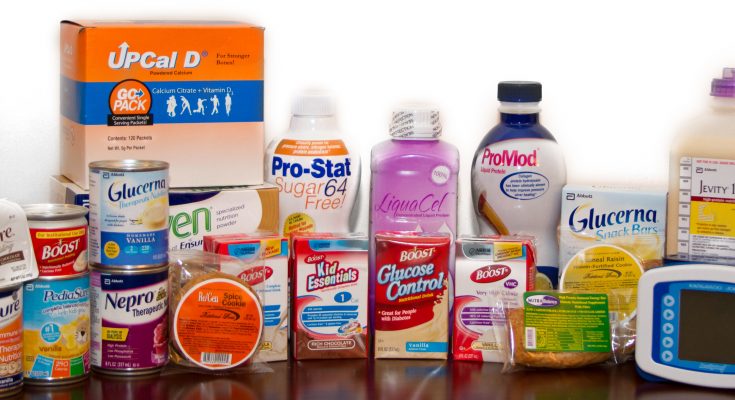Enteral nutrition is a type of nourishment that is transmitted specifically into the digestive arrangement of a person, in form of fluid. It is utilized when a patient is not able to eat and requires nutrition in some other way. Tube feeding is the most widely recognized type of enteral nutrition. Tube feeding can be given to individuals, who are not ready to meet their wholesome needs, with food and beverages, and are not vulnerable to go through uncontrollable vomiting, or looseness of the bowels. There are two different types of enteral nutrition products; standard formulas and specialized formulas. Standard formulas contain protein or amino acids, carbohydrate, fat, minerals, vitamins, water, and essential fatty acids. These are preferred for people with normal bowel function. On the other hand, specialized formulas are used for chronically ill patients suffering from AIDS, multiple burns, advanced cirrhosis, acute renal failure, and respiratory failure.
The positive effect of growing geriatric population is anticipated to remain mediocre in next couple of years, since with enhancing wellbeing guidelines, the life expectancy is expected to increase. The effect of high birth and premature birth rate is expected to increase later on. Due to better facilities and awareness, the number of premature fatal deaths is expected to decrease. The increasing awareness among people is expected to influence their lifestyle patterns, in order to avoid such diseases. The enteral nutrition market is anticipated to grow during the forecast period, due to the high number of premature births, high prevalence of undernourishment, and increasing prevalence of CNS diseases and cancer.
Some of the major players operating in the global enteral nutrition market include Baxter International Inc., Abbott Laboratories, B. Braun Melsungen AG, Nestlé S.A., Groupe Danone, Mead Johnson Nutrition Company, Fresenius Kabi AG, and Perrigo Company Plc.




